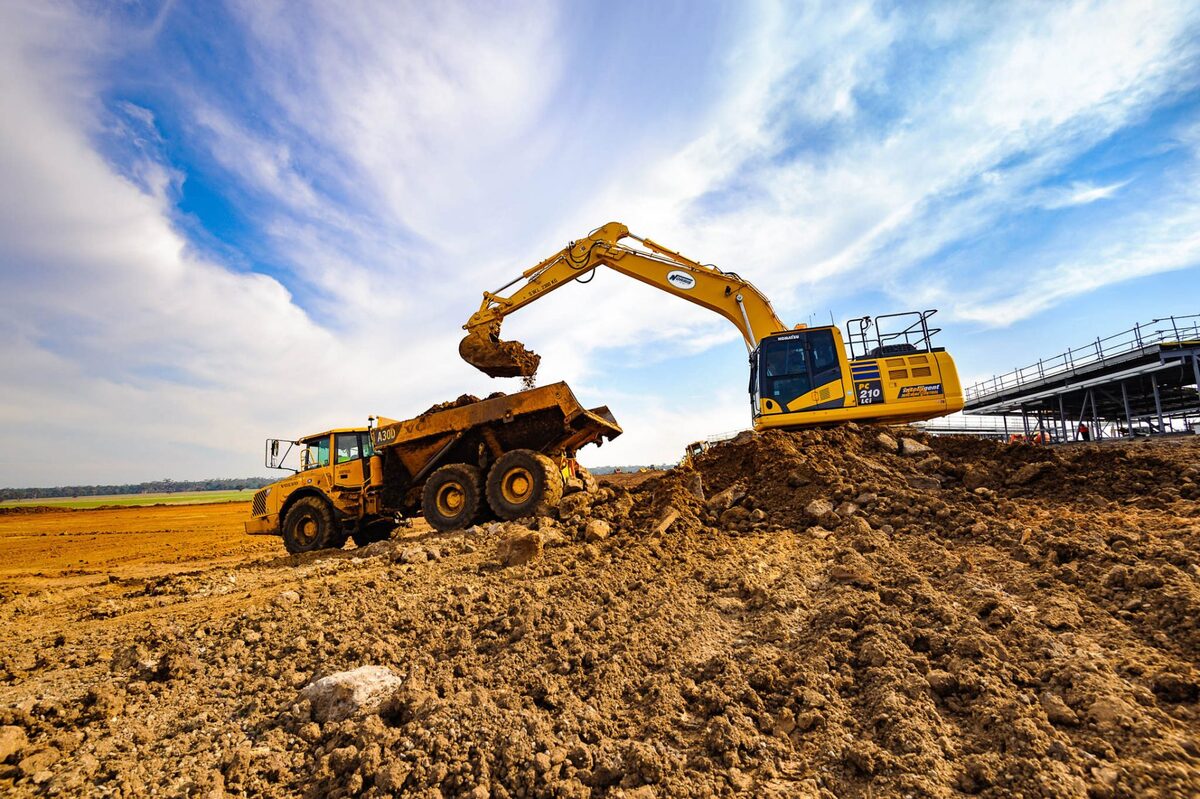
Construction and excavation are essential components of any building project, providing the necessary groundwork for a sturdy and functional structure. From residential homes to large-scale commercial developments, proper foundations and earthworks are crucial for the success and longevity of any construction project. However, these processes require careful planning, technical expertise, and adherence to strict safety regulations. In this guide, we will delve into the world of foundations and earthworks, exploring the various techniques, equipment, and considerations involved in these critical aspects of construction. You can find a comprehensive list of construction and excavation companies in Seaside, Oregon on their website. Whether you are a seasoned contractor or a homeowner embarking on a new building project, this article aims to provide a comprehensive overview of the key elements of foundations and earthworks, offering valuable insights and tips to help you achieve a successful and efficient construction process. So let us dig deep into the world of construction and excavation and uncover the essential aspects of creating a solid foundation for any building project.
Proper planning leads to successful construction
A comprehensive and well-executed plan is the cornerstone of any successful construction project. From the initial design phase to the final completion, every step must be carefully thought out and strategically executed to ensure a smooth and efficient construction process. Proper planning involves a thorough understanding of the project objectives, site conditions, budget constraints, and regulatory requirements. It requires a collaborative effort between architects, engineers, contractors, and other stakeholders to develop a detailed project schedule, identify potential risks, and establish effective communication channels. By investing time and effort into the planning phase, construction teams can minimize delays, reduce cost overruns, and ensure that the final result meets or exceeds client expectations.
Understanding soil types is crucial
To successfully navigate the complexities of construction and excavation projects, it is crucial to have a deep understanding of soil types. Soil forms the foundation upon which structures are built, and its properties can significantly impact the stability and longevity of a project. Different soil types possess varying characteristics such as compaction, drainage, and load-bearing capacity, all of which must be taken into consideration during the planning and design stages. By conducting thorough soil testing and analysis, construction professionals can make informed decisions regarding site preparation, foundation design, and excavation techniques. This knowledge allows for the implementation of appropriate engineering solutions tailored to the specific soil conditions, ultimately ensuring the durability and safety of the project.
Safety first: excavation precautions
Excavation work poses inherent risks that must be addressed through comprehensive safety precautions. Prioritizing safety is not only a legal obligation but also a moral responsibility to protect the well-being of construction workers and prevent accidents. One crucial precaution is ensuring proper shoring and trenching techniques to prevent cave-ins and soil collapse. This involves implementing protective systems, such as trench boxes, hydraulic shoring, or sloping, depending on the soil conditions and depth of the excavation. Additionally, regular inspections of equipment, including excavators and bulldozers, should be conducted to identify any potential hazards or malfunctions. Adequate training and supervision are essential to ensure workers understand and adhere to safety procedures, including the use of personal protective equipment and the establishment of clear communication channels. By implementing these excavation precautions, construction professionals can mitigate risks and create a safe working environment for all involved in the foundations and earthworks process.
Equipment and tools for excavation
Excavation projects require the use of specialized equipment and tools to ensure efficient and accurate construction processes. These equipment and tools play a vital role in the success of excavation work by enabling precise digging, grading, and material handling. One essential piece of equipment is the excavator, a versatile machine that can perform various tasks, such as excavation, trenching, and loading. Excavators come in different sizes and configurations, allowing for flexibility in different project requirements. Additionally, backhoes and bulldozers are commonly used for earthmoving and leveling tasks. To facilitate excavation and material removal, dump trucks and loaders are utilized to transport soil and debris. Other essential tools include shovels, picks, and rakes for manual excavation, as well as lasers and surveying instruments for accurate measurements and alignment. The choice of equipment and tools may vary depending on project specifications, site conditions, and the complexity of excavation tasks. It is crucial to select high-quality and well-maintained equipment to ensure safe and efficient excavation operations.
The importance of site preparation
A crucial aspect of any construction and excavation project is proper site preparation. Effective site preparation sets the foundation for a successful and efficient construction process. It involves a range of tasks, such as clearing the site of debris and vegetation, grading the land to ensure proper drainage, and addressing any potential hazards or obstacles. Without adequate site preparation, construction projects can face numerous challenges, including unstable ground conditions, inadequate water drainage, and compromised structural integrity. By investing time and resources in thorough site preparation, construction teams can minimize risks, ensure a stable foundation, and lay the groundwork for a smooth and safe construction process. Proper site preparation is an essential component of construction and excavation projects, setting the stage for a successful and durable end result.
Conclusion
foundations and earthworks are crucial steps in the construction process and require careful planning and execution. With the right knowledge and expertise, professionals can ensure that these steps are carried out efficiently and effectively, laying the groundwork for a successful construction project. By following proper techniques and adhering to safety protocols, we can create strong and stable foundations that will withstand the test of time. Keep in mind the importance of foundations and earthworks in your next construction project and trust in the expertise of professionals to get the job done right.


